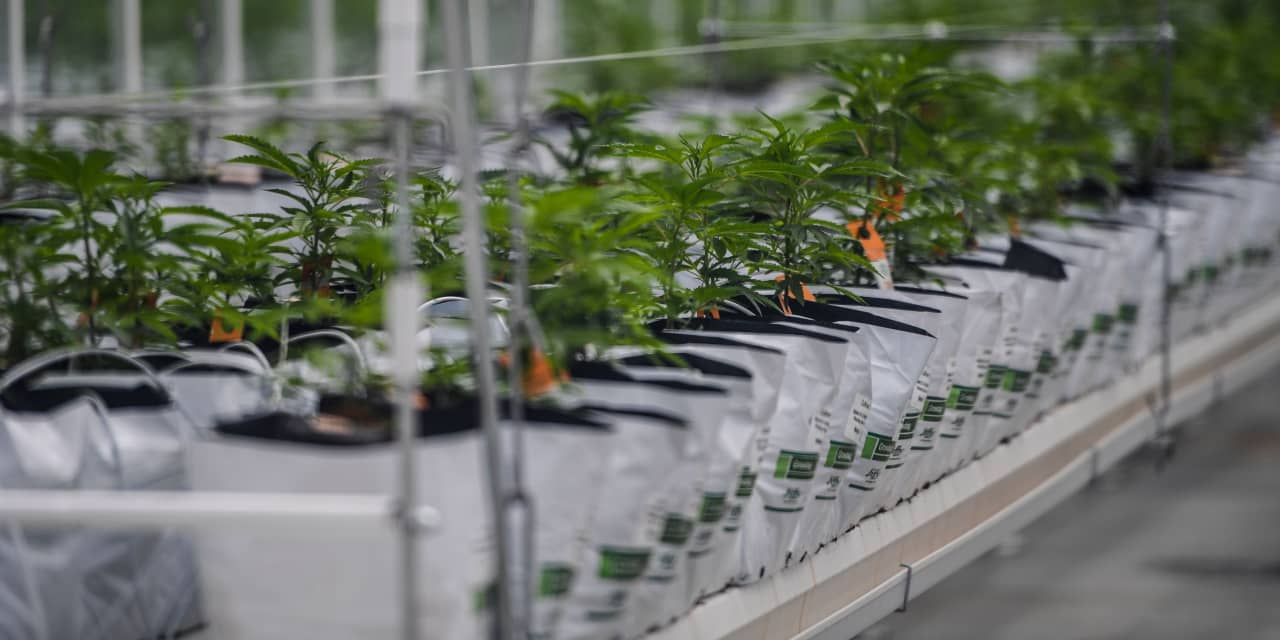Researchers at Washington State University have pinpointed a source of the “munchies,” a well-known side effect of inhaling cannabis.
The federally funded study revealed that cannabis activates cells in the hypothalamus, stimulating the appetite in mice that had breathed in vaporized marijuana. The researchers “observed that cannabis activated a set of cells in the hypothalamus when the rodents anticipated and consumed palatable food that were not activated in unexposed mice,” Jon Davis, assistant professor of neuroscience at the university, said in a press release on the study.
The study by 13 researchers at the university and published in Nature.com is the first known study to use calcium imaging — which resembles an MRI of the brain — to observe how brain cells in mice reacted to cannabis smoke.
“We now know one of the ways that the brain responds to recreational-type cannabis to promote appetite,” Davis said.
Researchers saw increased activity in the hypothalamus, an area deep inside the brain that influences basic bodily functions.
“When the mice are given cannabis, neurons come on that typically are not active,” David said. “There is something important happening in the hypothalamus after vapor cannabis.”
It has long been widely known that cannabis stimulates the appetite, including in people undergoing chemotherapy, but the mechanisms behind this effect have remained a mystery. Therapies that try to isolate parts of the cannabis plant often fail to stimulate appetite.
The study built on earlier work that established that arcuate nucleus neurons within the mediobasal hypothalamus help regulate feeding behavior.
Davis was one of the first researchers to use vaporized cannabis instead of injected THC in animal studies.
The study, which initially reported by Marijuana Moment, was funded by the U.S. Department of Agriculture, the Alcohol and Drug Abuse Research Program, the National Institute on Alcohol Abuse and Alcoholism and Washington State Initiative 171.
Also read: Green Thumb, Trulieve and other cannabis stocks up as much as 21% as details emerge on HHS recommendation to lower drug classification
Read the full article here




